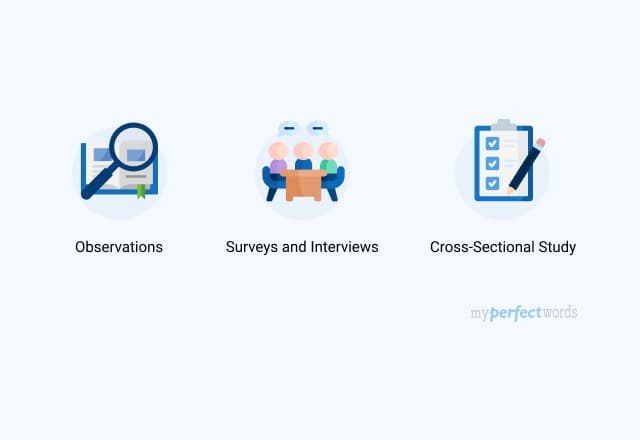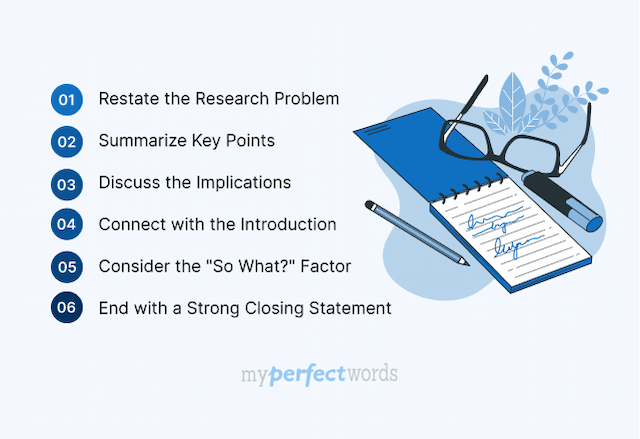
Finishing a research paper feels great, but getting to the end—especially the conclusion—can be a bit tricky.
People often wonder, "How do I wrap up my findings nicely?" or "What tone should I use in the conclusion?"
If you're dealing with these questions, you're not alone! Many researchers find writing a good conclusion a bit challenging since it's a crucial part that is meant to leave a strong impression on your readers.
No need to worry!
In this guide, we'll show you how to write a conclusion that not only ties up your research paper neatly but also leaves a strong impression. We'll cover everything from summarizing effectively to creating the right feeling.
So, let’s get started.
On This Page![]()
- 1. What is a Research Paper Conclusion?
- 2. How to Write a Research Paper Conclusion: 7 Steps
- 3. Research Paper Conclusion Examples
- 4. Things to Avoid While Writing the Research Paper Conclusion
What is a Research Paper Conclusion?
A research paper conclusion is like the final chapter of your paper. It's where you bring everything together and leave a lasting impression on your readers.
In simple terms, it's the last part where you sum up what you found during your research and explain why it matters.
The conclusion isn't just a summary; it's a chance to make your research memorable and show its importance.
Types of Research Paper Conclusions
When it comes to writing the conclusion of your research paper, there isn't a one-size-fits-all approach. Different types of research papers call for different types of conclusions. Here are some common types:
- Summarizing Conclusion
This type recaps the key points and findings of your research. It's like giving your readers a quick overview of what you discovered without introducing new information. Summarizing conclusions works well for straightforward research papers.
- Reflective Conclusion
A reflective conclusion allows you to share your personal thoughts on the research process, challenges faced, and lessons learned. It adds a human touch to your paper, giving readers insight into your journey as a researcher.
- Open-ended Conclusion
Some research papers benefit from an open-ended conclusion that leaves room for further exploration. This type invites readers to think critically, ask questions, or even conduct additional research on the same topic.
How to Write a Research Paper Conclusion: 7 Steps
Writing an effective conclusion for your research paper involves more than just summarizing your findings. Follow these six essential steps to ensure your conclusion leaves a lasting impact:
Step 1: Restate the Research Problem
Start wrapping up your paper by going back to the main research question or issue you were investigating.
Remind your readers about what you were trying to find out or understand. This gives your conclusion a clear connection to the original goal of your research, helping readers see the bigger picture.
Example! Original Research Problem: "What impact does regular exercise have on the academic performance of high school students?" Now, in the conclusion, when you restate the research problem, it might look something like this: Restated Research Problem: "Returning to our initial question—how does regular exercise influence the academic performance of high school students?—we can now reflect on the findings and draw conclusions based on the data presented in this study." |
Step 2: Revisit Your Thesis Statement
Go back to the main idea or argument you had in your paper—this is called your thesis statement. Double-check that your conclusion matches and supports what you wanted to prove or talk about in the beginning.
This step is important because it keeps your conclusion connected to the main point of your research, making everything fit together nicely.
Example! If your original thesis statement was: "Regular exercise positively impacts the academic performance of high school students." In the conclusion, you might revisit your thesis like this: "Returning to our starting point, we asserted that regular exercise has a positive impact on the academic performance of high school students. As we conclude our study, the evidence presented reinforces this initial claim, highlighting the significant role that physical activity plays in enhancing students' educational outcomes." |
Step 3: Summarize Key Points
Give a short and clear recap of the most important things you found in your research. Keep it simple and stick to what you've already talked about—don't bring in new details now.
The goal is to remind your readers of the important stuff you covered earlier. This helps to underline why your research is important and what you want them to take away from it.
Example! If your key points and findings were related to the positive effects of exercise on high school student's academic performance, the summary might look like this: "Let's quickly go over the main things we discovered. In our study, we found that regular exercise has a positive impact on how well high school students do in their studies. We saw improvements in concentration, grades, and overall academic performance among those who engaged in physical activity. This summary emphasizes the key aspects we explored, reinforcing the idea that exercise is linked to better academic outcomes for high school students." |
Step 4: Discuss the Implications
Address the broader implications of your research. Explain why your findings matter and how they contribute to the existing body of knowledge in your field.
Discuss the practical applications of your research and highlight any potential areas for further exploration.
Example! If your research was about the positive effects of exercise on high school student's academic performance, the implications might be explained like this: "So, why does all this matter? Our findings suggest that encouraging regular exercise among high school students could be a game-changer for their grades and overall school performance. This isn't just good news for students; it's valuable information for parents, teachers, and policymakers. Looking ahead, more research in this area could help us tailor educational practices to enhance the learning experience for young minds." |
Step 5: Connect with the Introduction
Create a seamless connection between your conclusion and the introduction. Referencing key elements from the introduction helps to create a cohesive narrative for your paper.
This connection gives your research a sense of completeness and unity.
If your introduction highlighted the general concern of declining academic performance in high school students, you could create a connection in the conclusion like this: "Going back to where we started, we began with the worry about students' academic performance and the potential benefits of exercise. Now, as we conclude, we see that our research has shed light on the positive connection between regular exercise and improved grades among high school students. By linking these key elements, we've come full circle, reinforcing the importance of addressing academic challenges through physical activity.” |
Step 6: Consider the "So What?" Factor
Ask yourself the question, "So what?" Why should readers care about your research? Clearly articulate the significance of your findings and their relevance to the broader academic or real-world context.
Demonstrating the impact of your research adds depth to your conclusion.
Let's say your research revealed a positive link between exercise and academic performance in high school students. Here's how you might address the "So what?" factor: "Now, you might be wondering, 'Why does this matter?' Well, our findings go beyond just numbers and statistics. They imply that simple lifestyle changes, like encouraging exercise, could be a powerful tool in enhancing students' educational journeys. For parents, teachers, and policymakers, this means there's a practical way to contribute to better academic outcomes. |
Step 7: End with a Strong Closing Statement:
Conclude your research paper with a memorable closing statement. This could be a thought-provoking reflection, a call to action, or a suggestion for future research.
A strong closing leaves a lasting impression on your readers and emphasizes the importance of your work.
For a research paper on the positive effects of exercise on high school student's academic performance, a closing statement could look like this: "As we wrap up our exploration into the relationship between exercise and academic success, let's reflect on the power of small changes. Encouraging students to engage in regular physical activity isn't just about fitness; it's a potential game-changer for their education. So, as we bid farewell, consider this: What small steps can we take today to pave the way for a brighter academic future for our students? Perhaps it's a reminder for a quick stretch during study breaks or a call for schools to integrate more physical activities into their programs.” |
Research Paper Conclusion Examples
When it comes to writing a conclusion for your research paper, examining examples can offer valuable insights. Let’s take a look at this comprehensive example given below:
Title: The Impact of Renewable Energy Policies on Global Carbon Emissions Reduction: A Comprehensive Analysis This research has unequivocally demonstrated the positive impact of robust renewable energy policies on reducing global carbon emissions. The analysis reveals a clear correlation between the implementation of comprehensive renewable energy frameworks and a substantial decline in carbon footprints. The multifaceted benefits of renewable energy, including environmental sustainability, job creation, and enhanced energy security, underscore the significance of prioritizing renewable sources in national energy portfolios. Despite challenges such as economic considerations and intermittency issues, the imperative for a global transition to renewable energy is evident. This study emphasizes the need for continued governmental commitment and strategic planning to incentivize and facilitate the adoption of renewable technologies. As the world faces the escalating consequences of climate change, the urgency to embrace sustainable energy solutions becomes increasingly apparent. The findings of this research contribute valuable insights to guide future policy decisions and underscore the ongoing importance of global collaboration in achieving a low-carbon future. |
Still wondering how to write the conclusion for your research paper? Check out these examples for better understanding:
Things to Avoid While Writing the Research Paper Conclusion
While crafting a conclusion for your research paper, it's crucial to steer clear of common pitfalls that can diminish the impact of your final remarks.
Here are some things to avoid:
- Repetition: Avoid rehashing the exact language used in the introduction or body of your paper. A conclusion should summarize key points without duplicating content.
- Introducing New Information: Resist the temptation to introduce new ideas or data in the conclusion. This section is for summarizing existing content and reinforcing key findings.
- Overly Complex Language: Keep your conclusion clear and accessible. Avoid introducing overly complex or technical language that might confuse your readers.
- Lack of Connection to Introduction: Ensure that your conclusion ties back to the introduction. Failing to connect these sections can make your paper feel disjointed.
- Vague Statements: Steer clear of vague statements that lack substance. Clearly articulate the significance of your findings and their broader implications.
- Apologies or Excuses: Avoid including apologies or excuses for limitations in your research. While acknowledging limitations is important, the conclusion is not the place to dwell on them.
- New Arguments or Debates: The conclusion is not the space to introduce new debates or arguments. Keep the focus on summarizing your research and its implications.
- Abrupt Endings: A conclusion should not end abruptly. Instead, provide a thoughtful and well-rounded closing statement about the results of your study.
To sum it up, we've gone through important steps to make your research paper conclusion strong. We covered things like going back to your main question, talking about the most important points, and thinking about why your research matters in the real world.
Remember, a good ending is more than just a summary; it captures the heart of your research and answers the big "So what?" question.
Remember, don't say the same things too much, don't add new details at the end, and keep your language simple!
If you ever need help with your academic writing, MyPerfectWords.com is here for you. Our expert writers are committed to helping you excel in your research papers and beyond.
Take the next step towards academic success with MyPerfectWords.com, and hire our legit essay writing service today!

Write Essay Within 60 Seconds!
Use our AI tool to generate high quality essay
WRITTEN BY
Barbara P
Dr. Barbara is a highly experienced writer and author who holds a Ph.D. degree in public health from an Ivy League school. She has worked in the medical field for many years, conducting extensive research on various health topics. Her writing has been featured in several top-tier publications.
Keep reading
Research Paper Writing - A Step by Step Guide

Research Paper Examples - Free Sample Papers for Different Formats!

Guide to Creating Effective Research Paper Outline
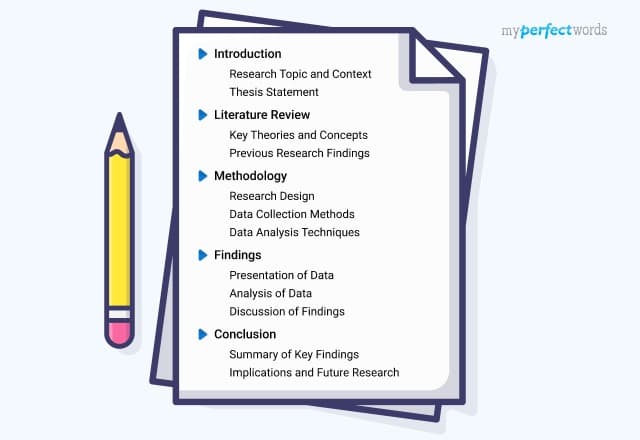
Interesting Research Paper Topics for 2024
-9352.jpg&w=828&q=75)
Research Proposal Writing - A Step-by-Step Guide
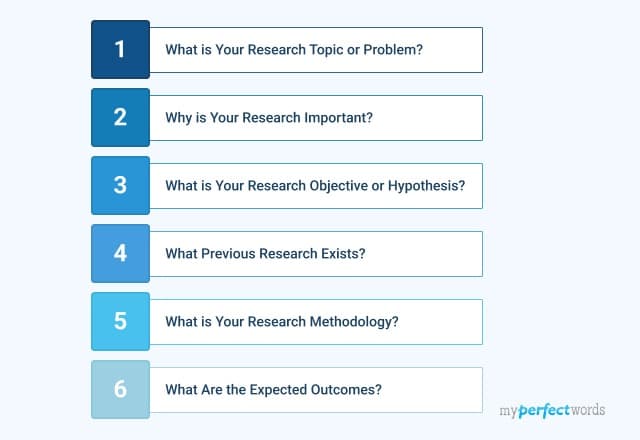
How to Start a Research Paper - 7 Easy Steps
-9374.jpg&w=828&q=75)
How to Write an Abstract for a Research Paper - A Step by Step Guide
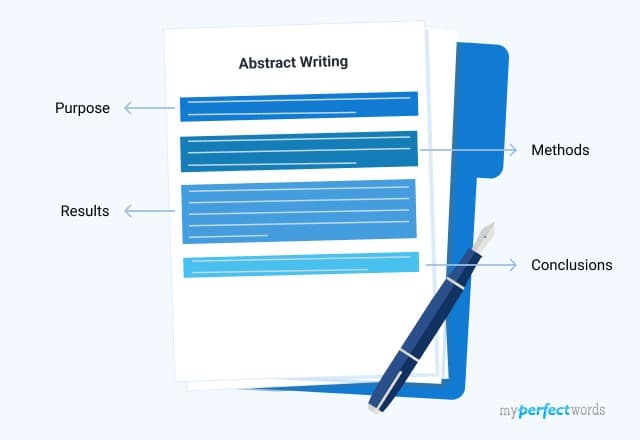
Writing a Literature Review For a Research Paper - A Comprehensive Guide
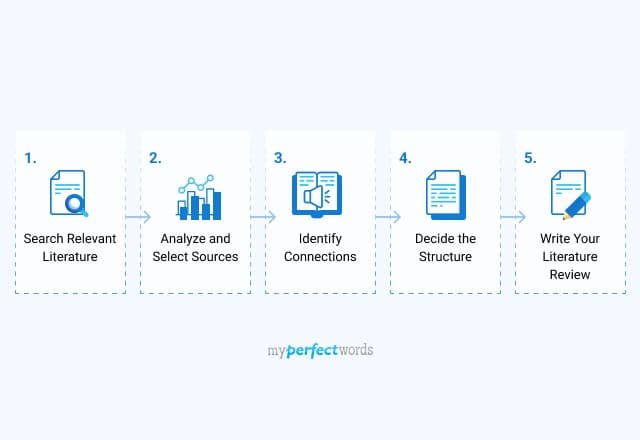
Qualitative Research - Methods, Types, and Examples

8 Types of Qualitative Research - Overview & Examples
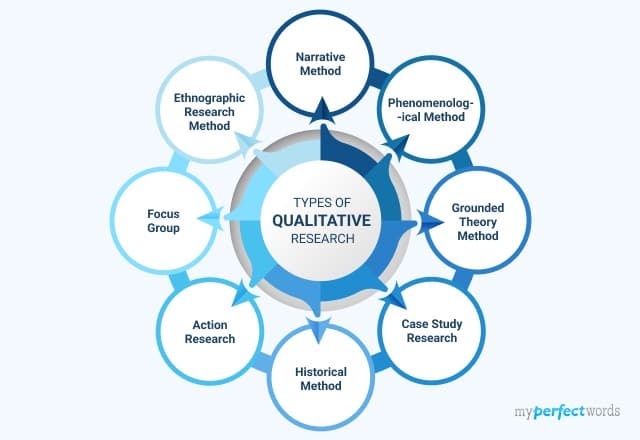
Qualitative vs Quantitative Research - Learning the Basics
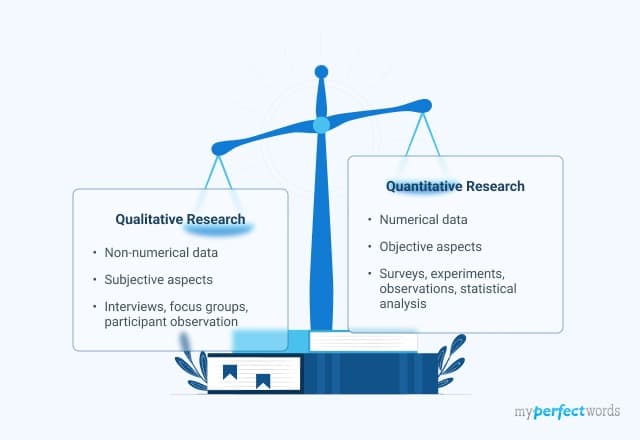
200+ Engaging Psychology Research Paper Topics for Students in 2024
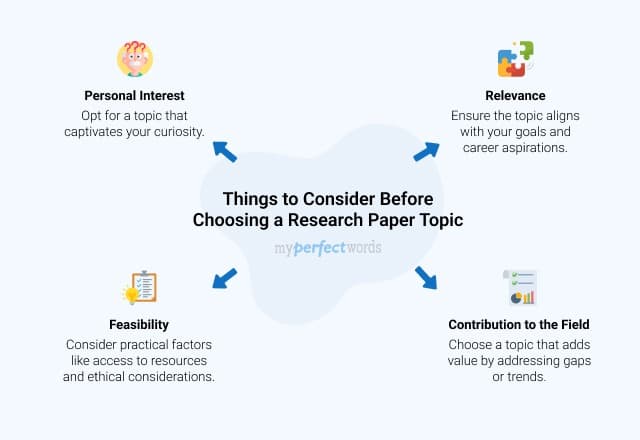
Learn How to Write a Hypothesis in a Research Paper: Examples and Tips!
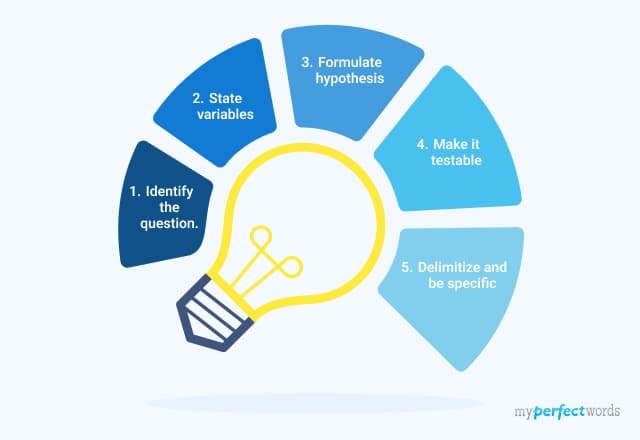
20+ Types of Research With Examples - A Detailed Guide
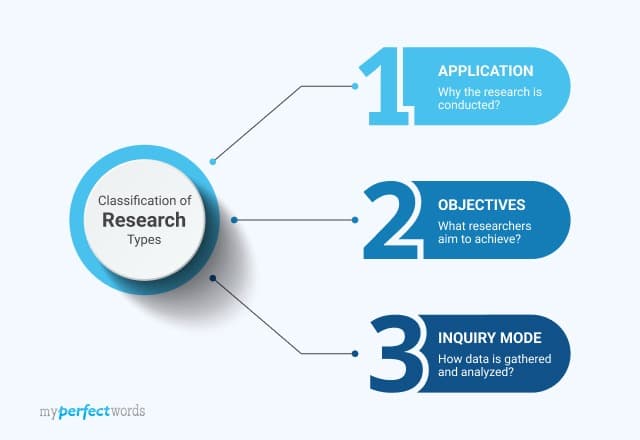
Understanding Quantitative Research - Types & Data Collection Techniques

230+ Sociology Research Topics & Ideas for Students
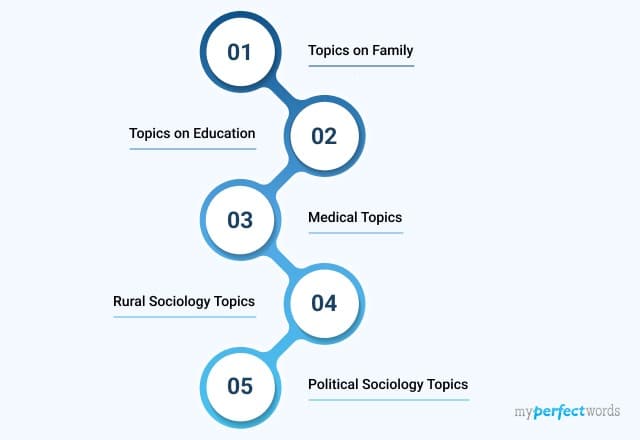
How to Cite a Research Paper - A Complete Guide
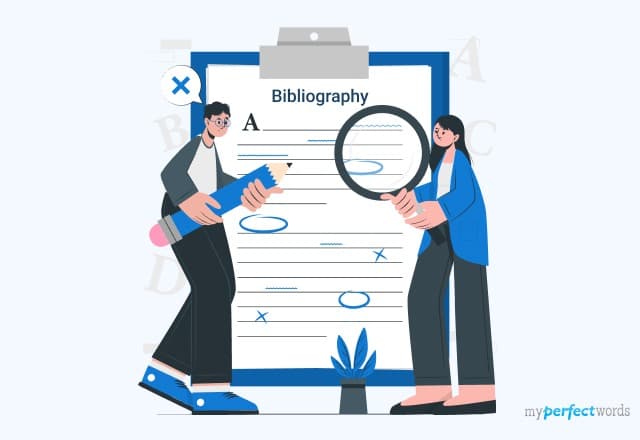
Excellent History Research Paper Topics- 300+ Ideas

A Guide on Writing the Method Section of a Research Paper - Examples & Tips
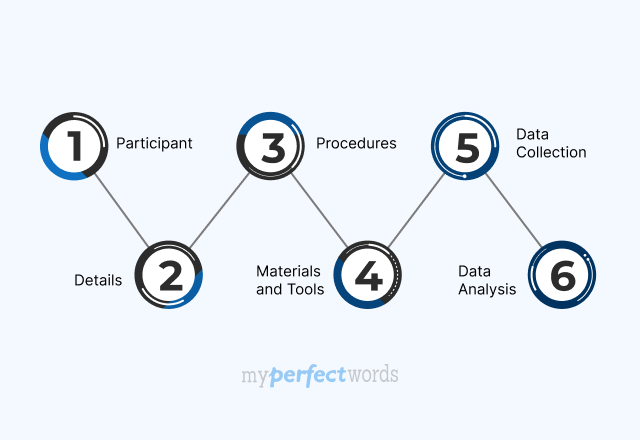
How To Write an Introduction Paragraph For a Research Paper: Learn with Examples
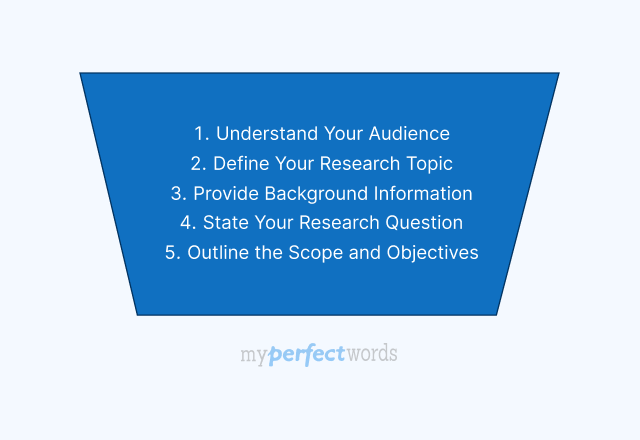
Crafting a Winning Research Paper Title: A Complete Guide
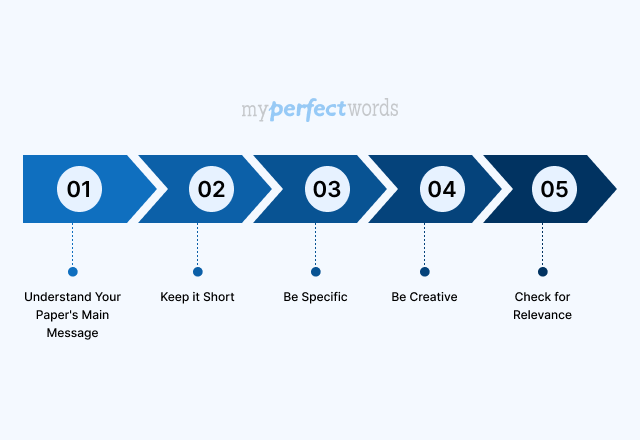
Writing a Thesis For a Research Paper - A Comprehensive Guide
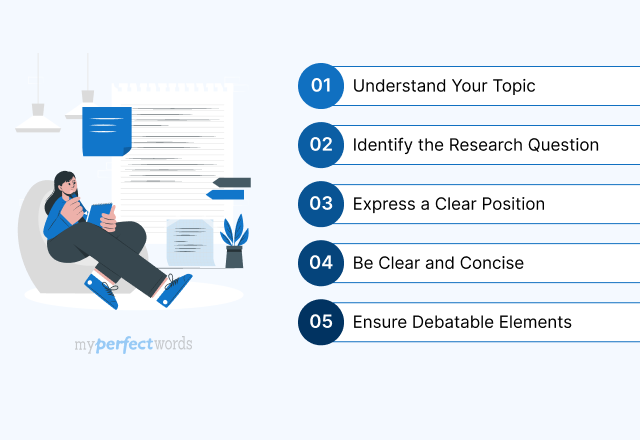
How To Write A Discussion For A Research Paper | Examples & Tips
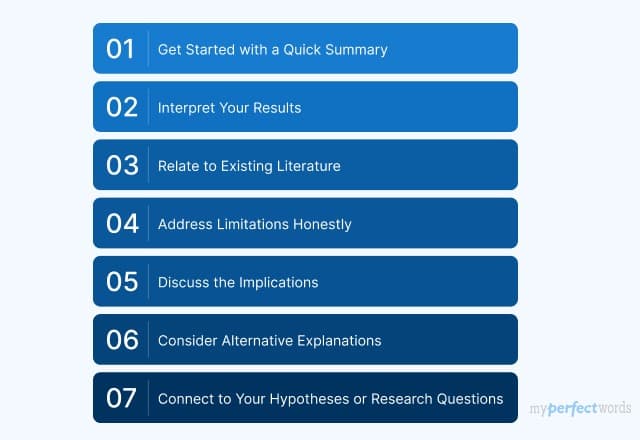
How To Write The Results Section of A Research Paper | Steps & Examples
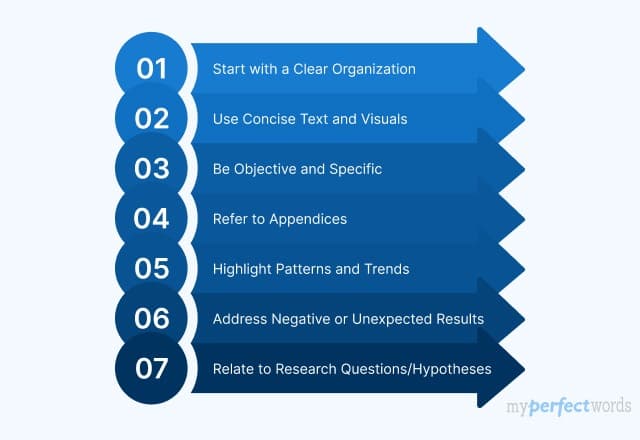
Writing a Problem Statement for a Research Paper - A Comprehensive Guide
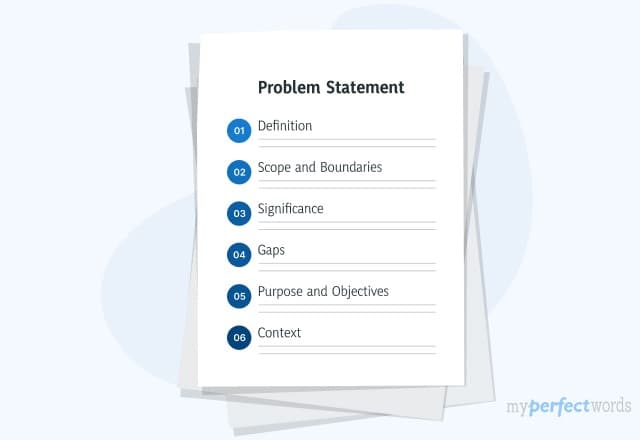
Finding Sources For a Research Paper: A Complete Guide
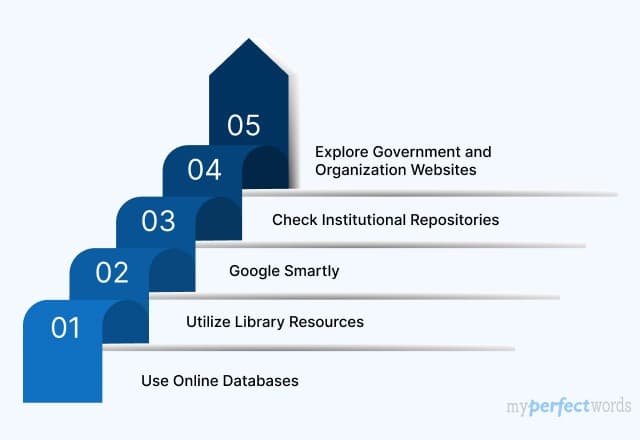
A Guide on How to Edit a Research Paper
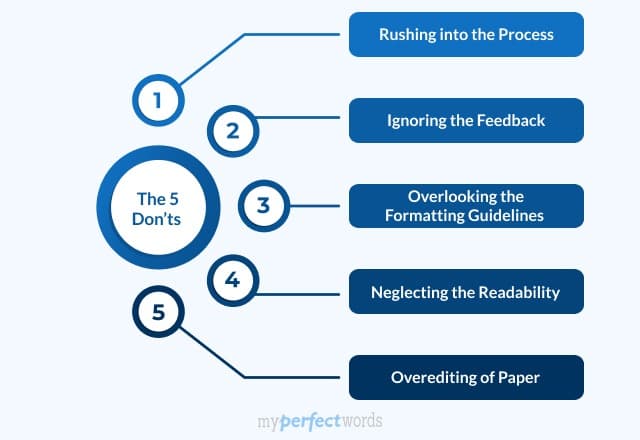
200+ Ethical Research Paper Topics to Begin With (2024)
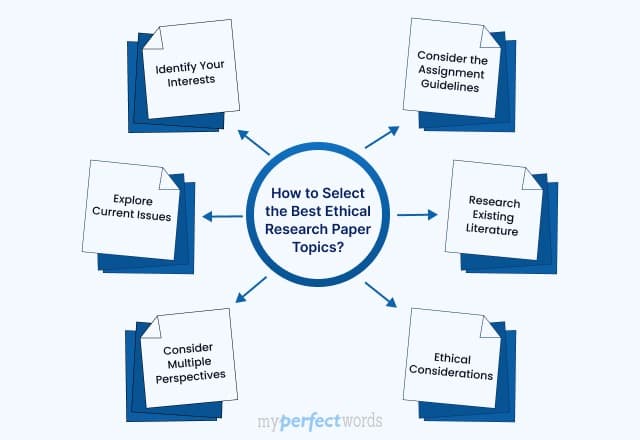
300+ Controversial Research Paper Topics & Ideas - 2024 Edition
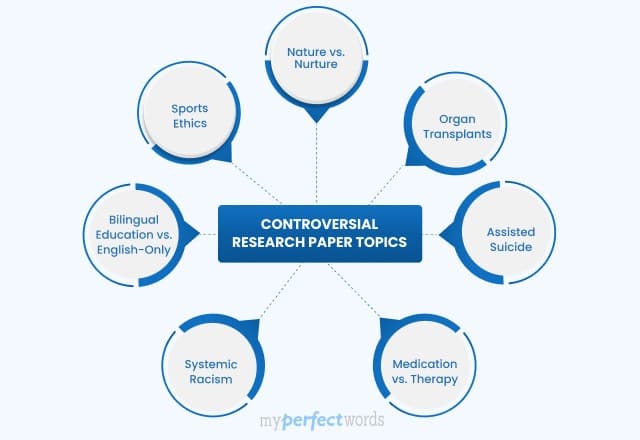
150+ Argumentative Research Paper Topics For You - 2024
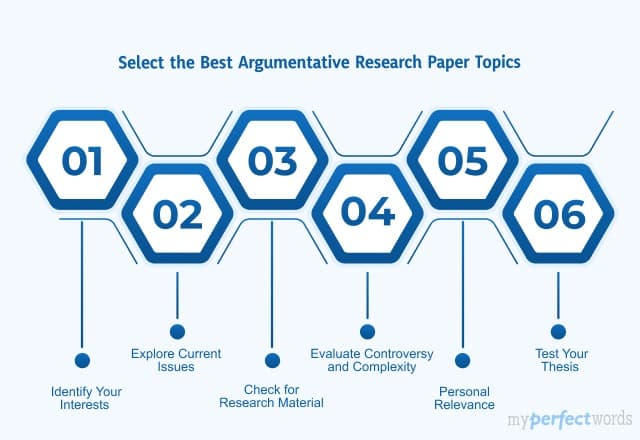
How to Write a Research Methodology for a Research Paper
